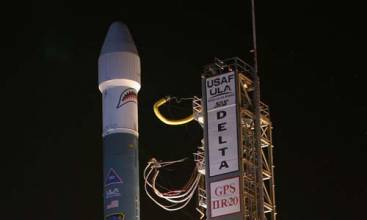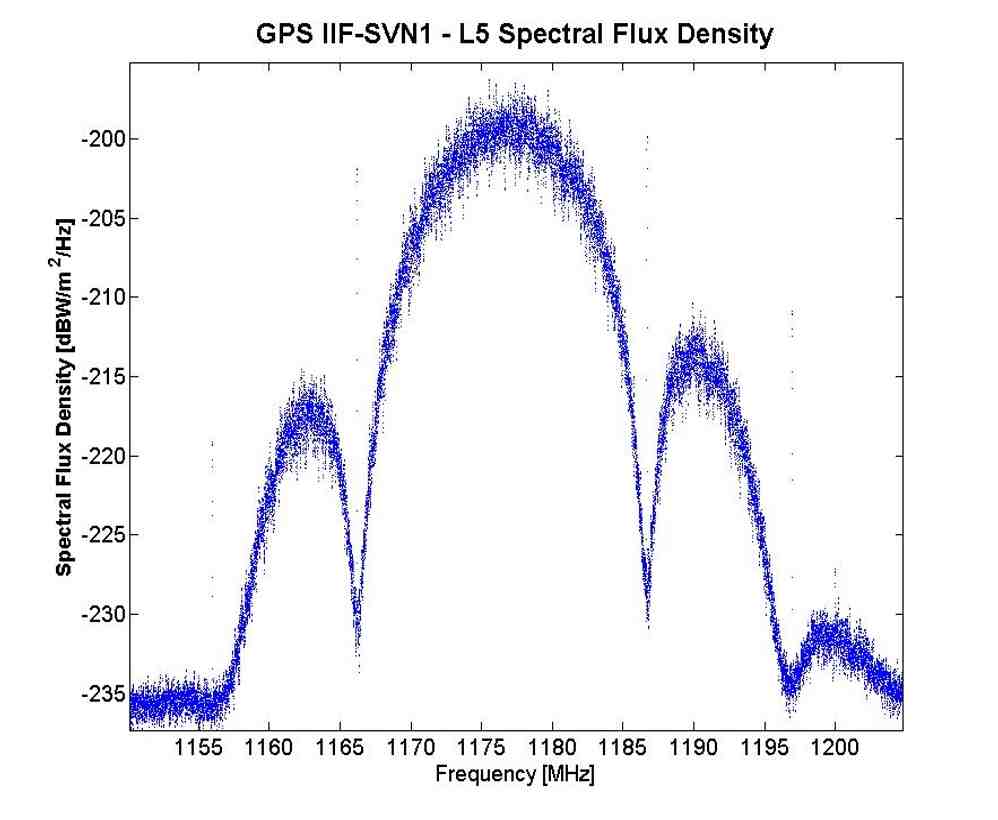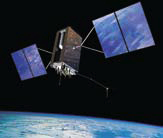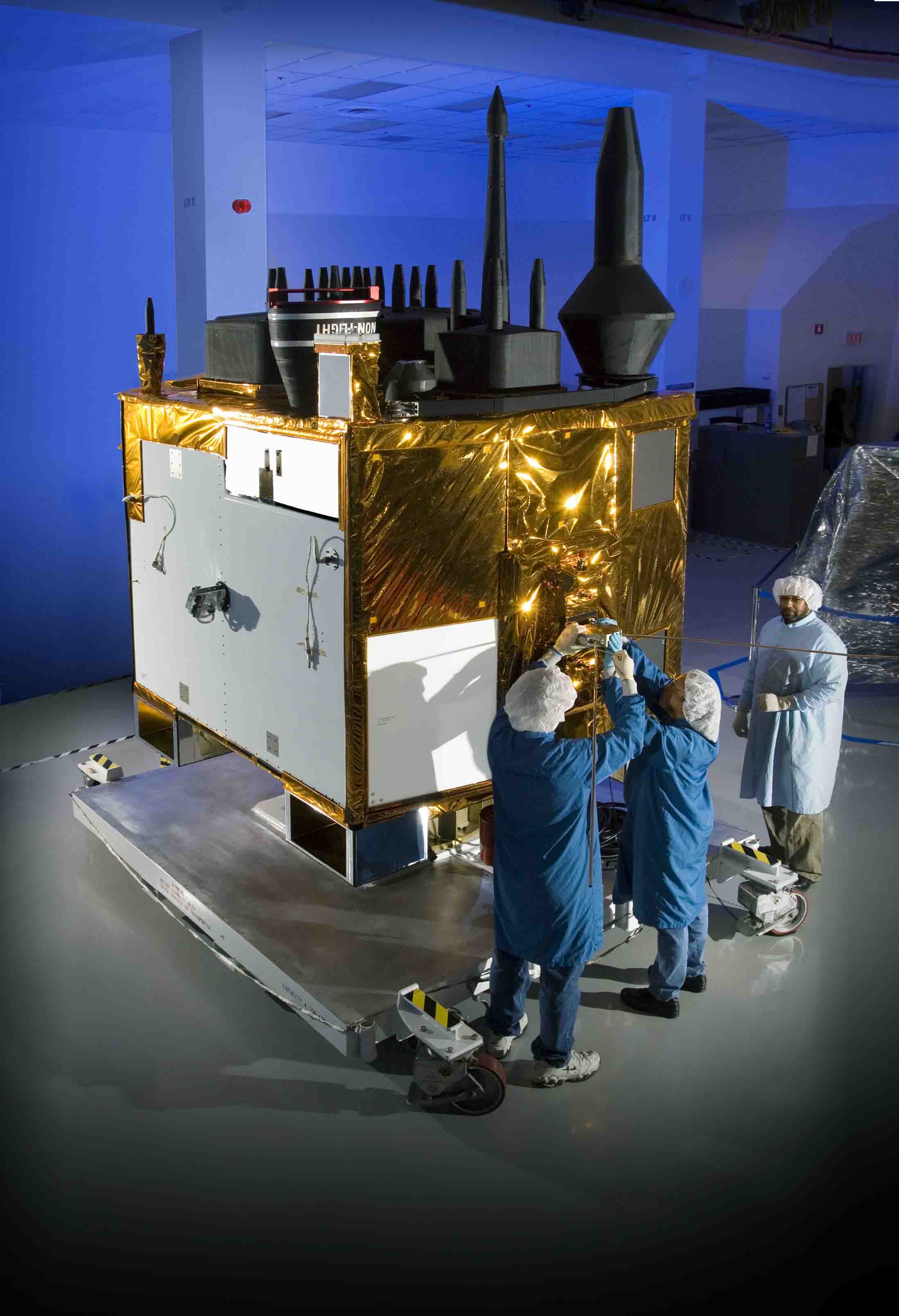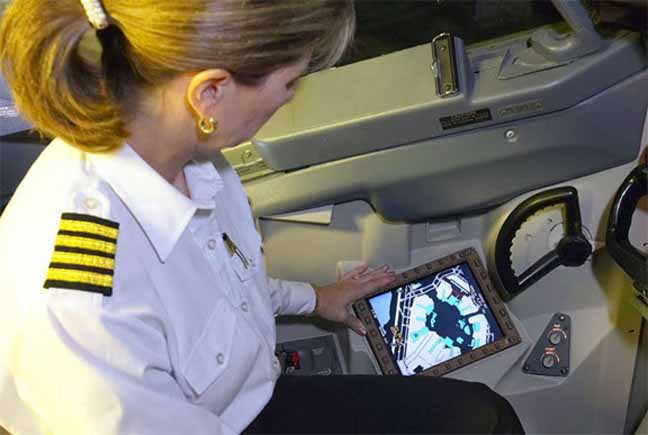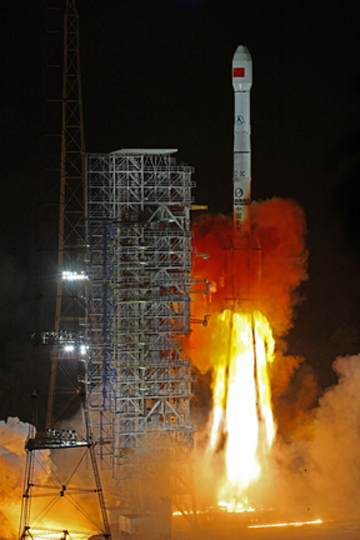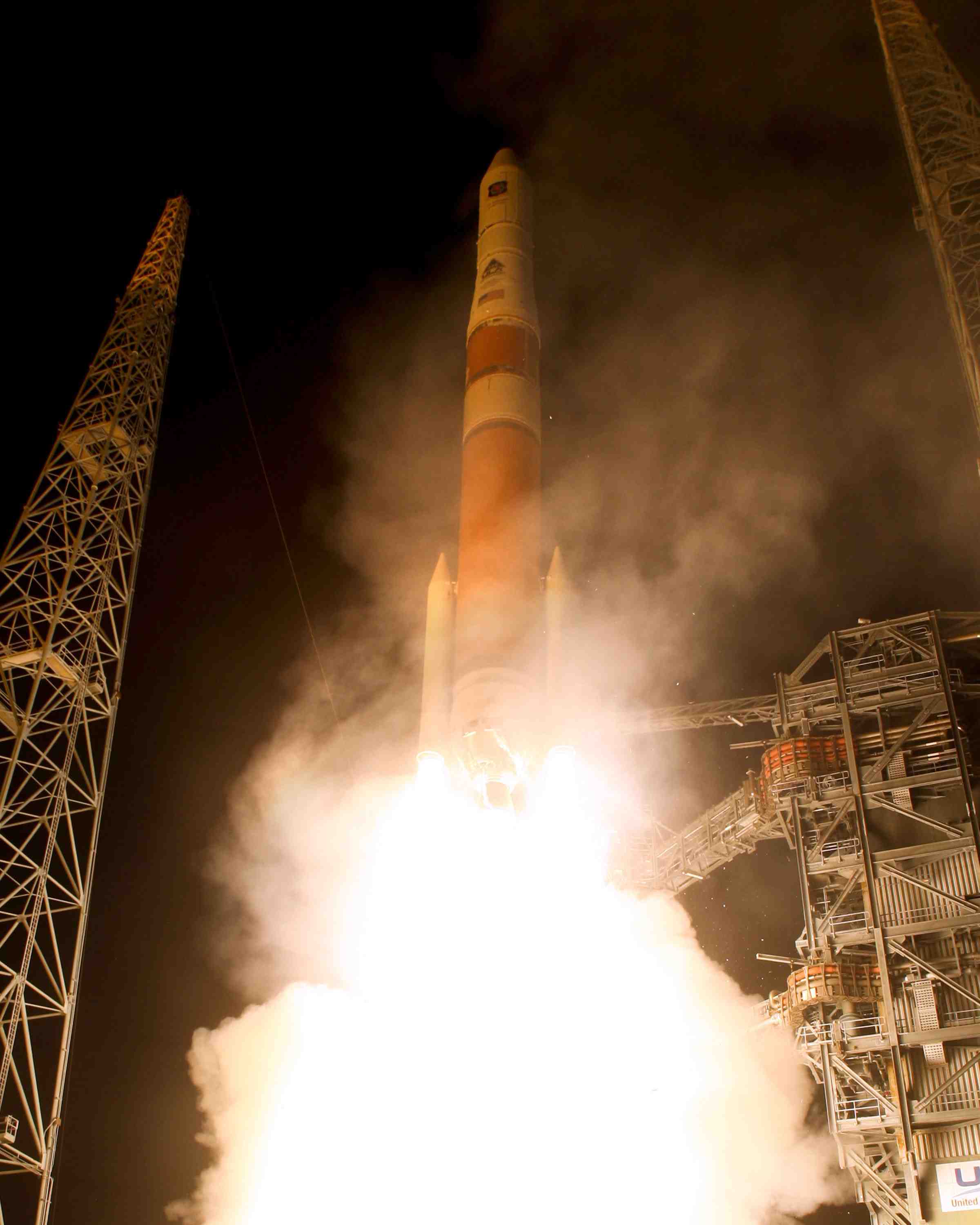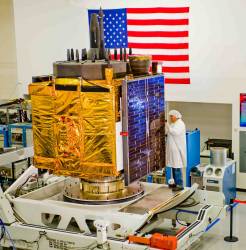May 27, 2010
As the United States enters a season of crucial Department of Defense (DoD) policy reviews, GPS may be riding the wave or caught in the ebb tide, depending on how one reads the signs. But a softer line toward cooperative efforts on GNSS may be emerging, if only because of concerns about U.S. dependence on a potentially vulnerable system.
The Quadrennial Defense Review, the Space Posture Review, and program objective memorandums (POMs) that will span fiscal 2012-2016 all are in process. Meanwhile, DoD is pushing for reform of export controls, which have frequently constrained the ability of dual-use technologies such as GPS equipment and expertise to be exported profitably and in a timely manner.
Read More >
By Inside GNSS


